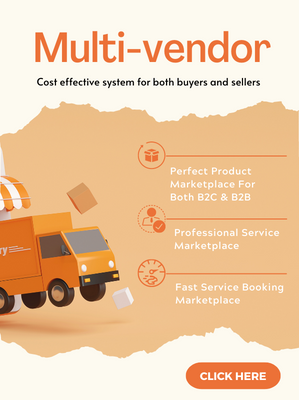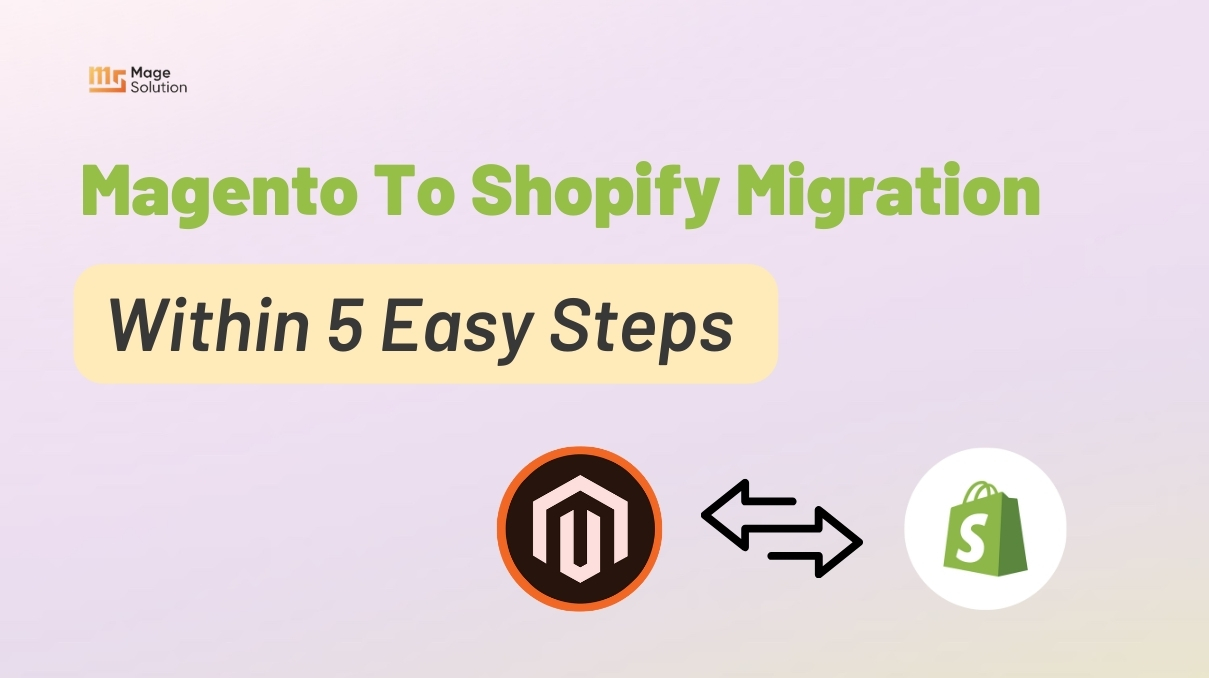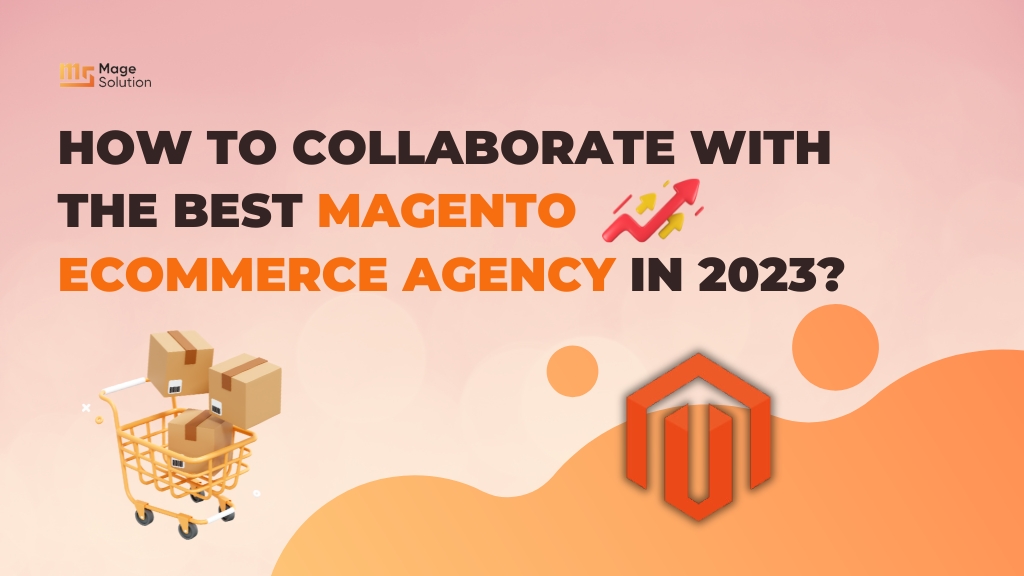Both small and large enterprises benefit from ERP. Using Enterprise Resource Planning is a smart move that will save time and money for your firm. Besides, Integration of the Magento ERP system helps boost your company’s productivity. You will be free of routine procedures and the need to manually manage orders. Clients will obtain more precise information on product availability and price thanks to the Magento ERP system. In this article, we will help you have an outline of Magento ERP integration.
Overview of ERP
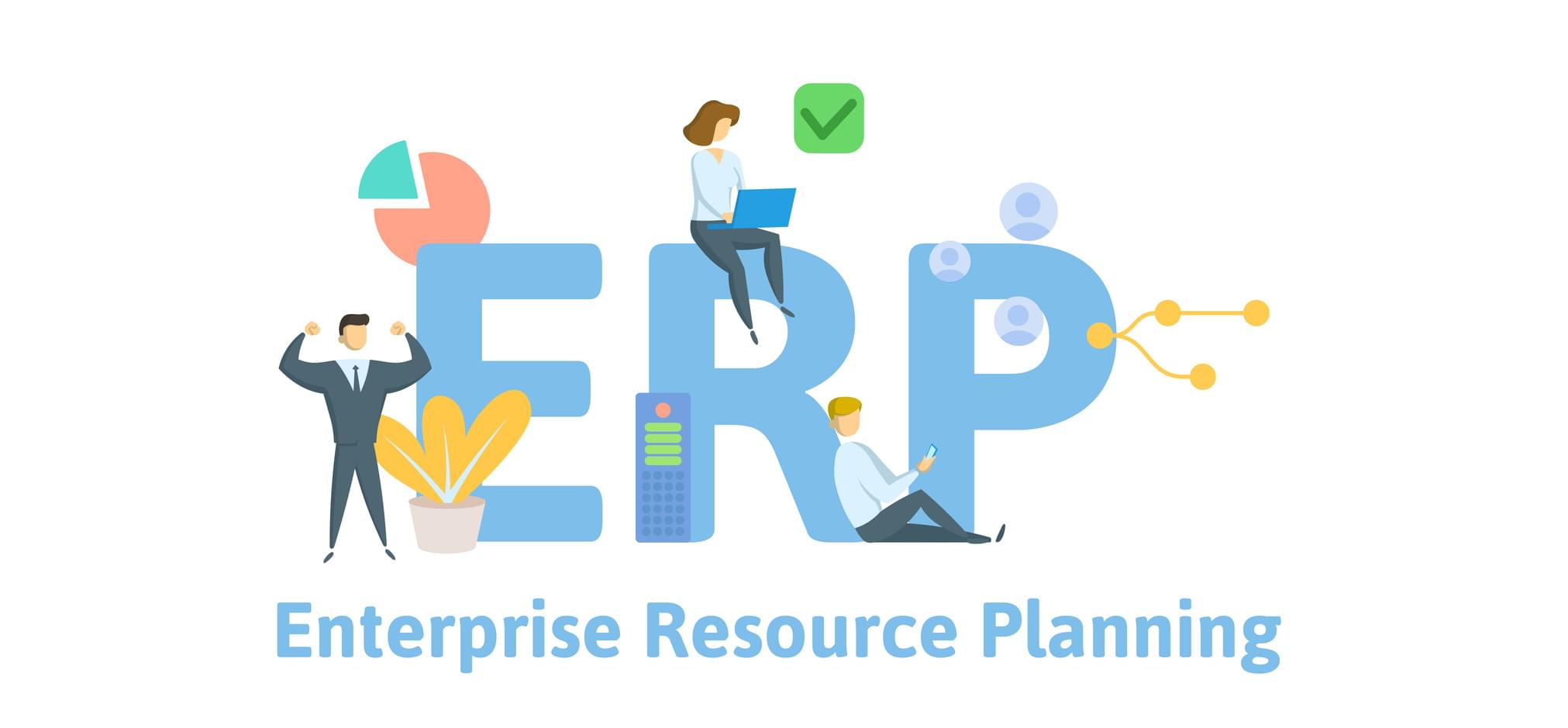
What is ERP?
ERP stands for enterprise resource planning, and it is a sort of software that businesses use to handle day-to-day operations. It includes accounting, procurement, project management, risk management, compliance, and supply chain operations. Enterprise performance management software, which helps plan, budget, and reports on an organization’s financial results, is incorporated into the complete ERP suite.
ERP systems connect a variety of company operations and allow data to move between them. ERP solutions avoid data duplication and ensure data integrity with a single source of truth. It is carried out by gathering an organization’s shared transactional data from numerous sources.
Some ERP types you should know
In terms of deployment, there are three different ERP types.
First and foremost, it is a cloud-based ERP. This solution is usually available at any time and from anywhere, allowing you to manage your business remotely. All information is kept on other servers.
The second form is on-premise ERPs, which may or may not contain remote control instruments. Local servers are used to store the data.
Of course, there is a hybrid kind that combines cloud and on-premise ERP functions. It implies you can run some ERP programs on the cloud while others remain on-premise.
What is Magento Integration?

The following are some of the most typical Magento automation scenarios requested by businesses trying to streamline their eCommerce process:
Automatically manage customer accounts: From sales orders received through Magento, automatically establish and update customer accounts (details, billing/shipping address) in an ERP system. New accounts, visitor accounts, and current customer accounts are all included.
Automate Magento order management and processing: Automatically download orders and add critical information, such as product description, product code, quantity required, client billing/shipping data, delivery method (including carriage charges), and type of payment, once a customer has checked out with a valid payment transaction.
Automatic sales order status updates: Create and transmit order status updates to a Magento eCommerce platform automatically from an ERP system.
Automatically create AR invoices and payments.
Automated inventory updates: Inventory levels on the Magento store are automatically updated every 15 minutes when changes happening are detected in an ERP system.
Automatic Magento pricing updates: Schedule the automatic updating of retail pricing adjustments in Magento.
Automatic product updates: Product synchronization will be done daily outside of normal business hours to ensure that all product details are current in Magento. Besides, any new items added to an ERP system’s item master catalog are uploaded. When a product is out of stock, it will be hidden in the web store. SKU, description, tax class, weight, retail price, and quantity on hand are all uploaded.
The following automated processes can be customized to fit particular company requirements as a top-level eCommerce integration. Integrations and automated processes like automated pick lists, dispatch note creation, purchase order automation, and shipment alerts can all be implemented.
What is ERP Magento?
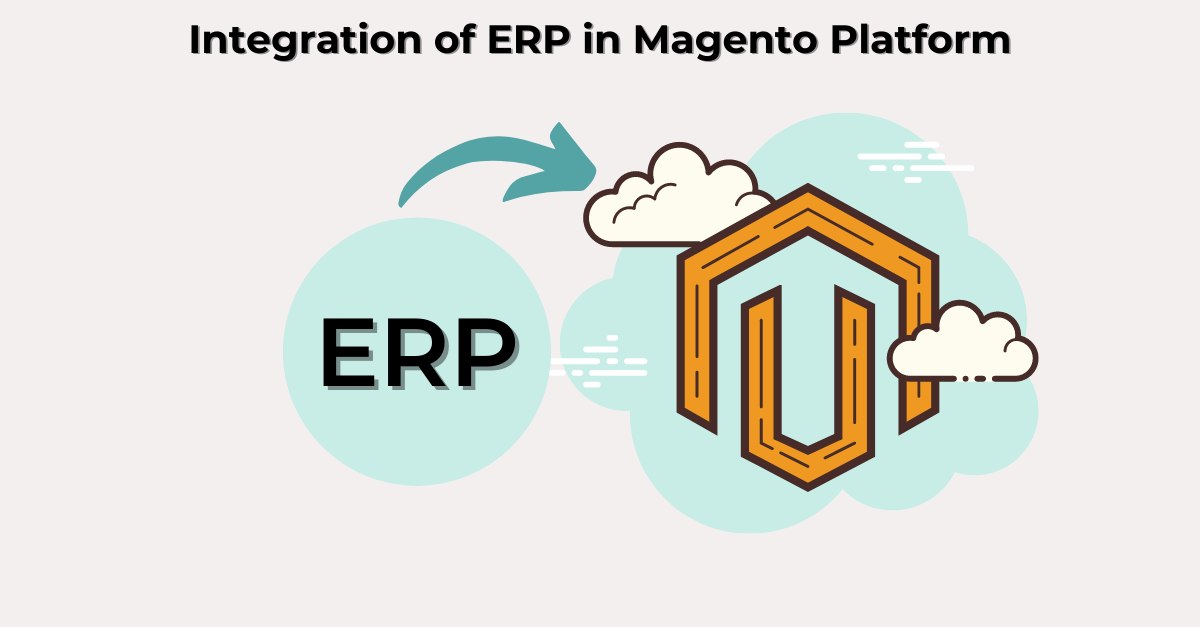
Magento users utilize ERP software to improve and control operations such as production, development, organization, marketing, and sales. The ERP software helps you to manage all of your procedures in one spot. Magento’s programming interface works with a variety of enterprise resource planning (ERP) applications, as well as custom products. NetSuite, Microsoft Dynamics, SAP, Oracle, Infor, and other companies can provide an ERP solution for Magento. We provide Magento ERP integration services with a high level of experience.
Why Integrate ERP with a Magento Store?
The ability to manage data accurately and efficiently is a fundamental benefit of the Magento ERP connection. You can streamline all commercial activities, from human resources to production, thanks to the automated data flow. And, most significantly, you may be confident that none of them will escape your control.
There are some reasons why you should combine Magento with ERP are:
Reduced silos & centralized data flow: You’ll be able to forget about numerous data platforms and login passwords. Because all of your data will be all in one place and accessible by your team members at all times.
Enhanced inventory management: You can keep track of all of your orders, and keep an eye on your warehouse and production. Furthermore, you can anticipate your inventory requirements depending on sales.
Increased productivity: You may focus on other more vital duties and lessen the chance of human mistakes. Since you won’t have to manually enter all back-office data.
Advanced reporting & analytics: All of your company’s sales data will be at your fingertips, allowing you to make better-educated business decisions.
Cost-effectiveness: When you stop managing your organization across numerous platforms, you can save a lot of money on IT, and staff training.
Unlimited scaling: Regardless of the number of SKUs, partners, or customers in an ERP, Magento will provide consistent performance.
The benefits of Magento ERP integration
A manual eCommerce process takes time, is prone to errors, and can eat into the profits of growing sales volumes. By automating manual, bi-directional processes between systems, Magento integration with ERP alleviates processing headaches. The Magento order management process will be streamlined, business productivity will be improved. Then customer happiness will have improvement by removing the manual involvement from staff processing data.
The following are some of the common commercial benefits that ERP integration with Magento may provide to businesses of all sizes:
Magento order administration processes have been streamlined, and data entry errors have been eliminated.
- Adapt corporate processes quickly and simply to satisfy strategic goals
- Order to shipping/fulfillment timeframes and expenses will see a reduction.
- Operational expenditures were significantly lower.
- During peak and seasonal periods, the requirement for additional resources can witness a decline.
- Consistency in the product list has improved
- Customer satisfaction has improved.
Preparation for Magento ERP Integration
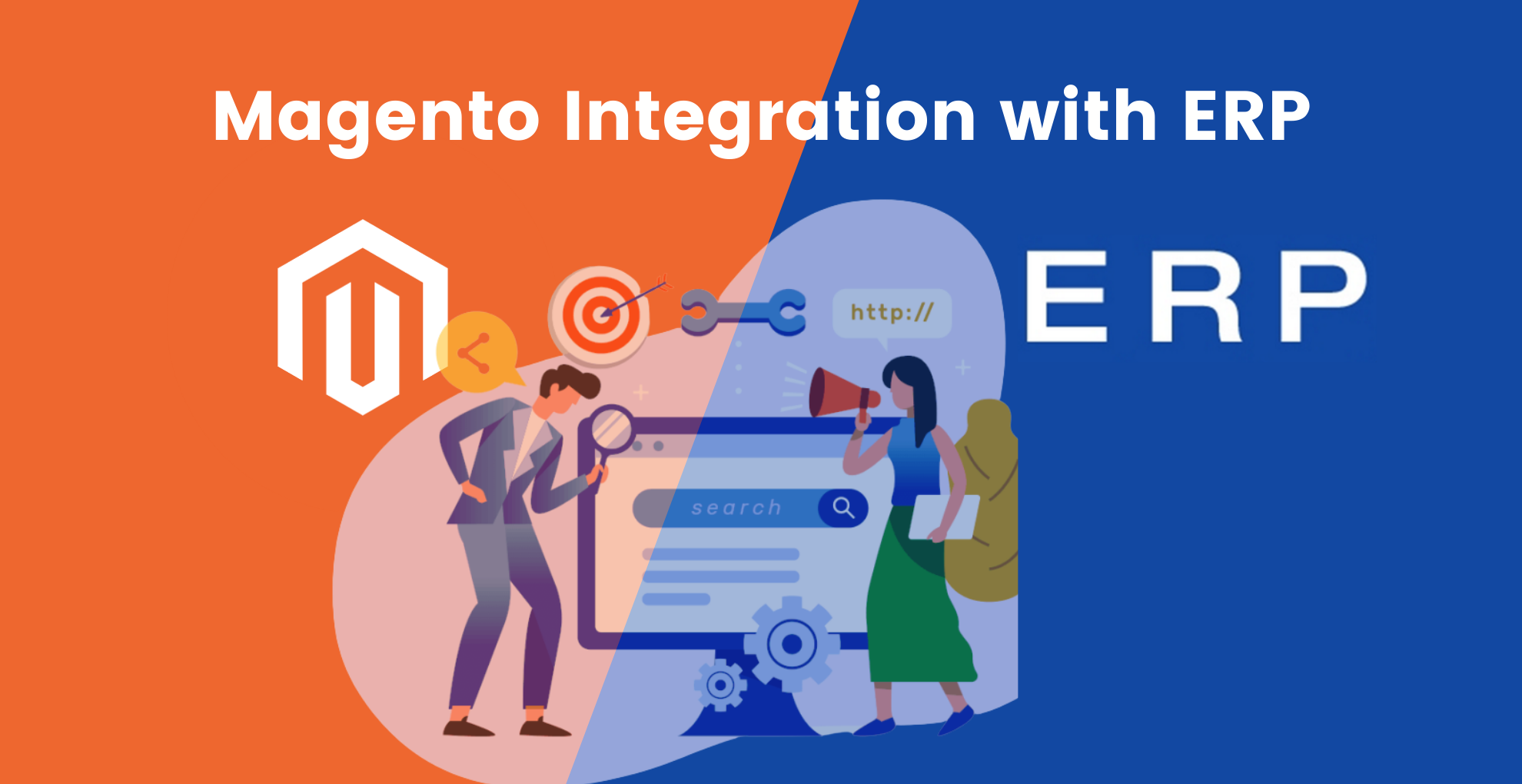
Once you have a general idea of what you are looking for, it’s the right time to define what your Magento store needs. Moreover, you also have to decide how ERP software can satisfy these needs.
Step 1: Recognize the order workflow and data setup in Magento.
To set things up correctly, you’ll need to understand how Magento’s order management system works. Besides, it is how to add and manage products.
Product data can be controlled through characteristics in Magento. You can use characteristics to process other vital order data that is relevant to the one.
To be successful in integration, we need to understand how your data is organized or how you want it to be organized. Product categories, attribute sets, attributes, and data you need to submit to your ERP platform are all examples of data.
After you’ve completed the first stage, you’ll need to build the workflow you wish to use. The integration will be more difficult the more complicated your workflow is. Another thing is potential interaction with other systems like POS or PIM, and how that will affect your Magento ERP system.
Step 2: Determine how you will manage your orders
Retailers have a variety of inventory management setup choices when connecting ERP with Magento. These choices allow for the import of orders via a single channel as well as the development of distinct paths for orders received online.
Step 3: Benefit from the automation of the entire integration process.
Store owners may save time and money by eliminating manual order input and tracking number dissemination operations. Some ERP features allow customers to automate the picklist generating process, a modest change. It will reduce the requirement for front-office management while also simplifying and speeding up fulfillment.
Types of Magento ERP Integration
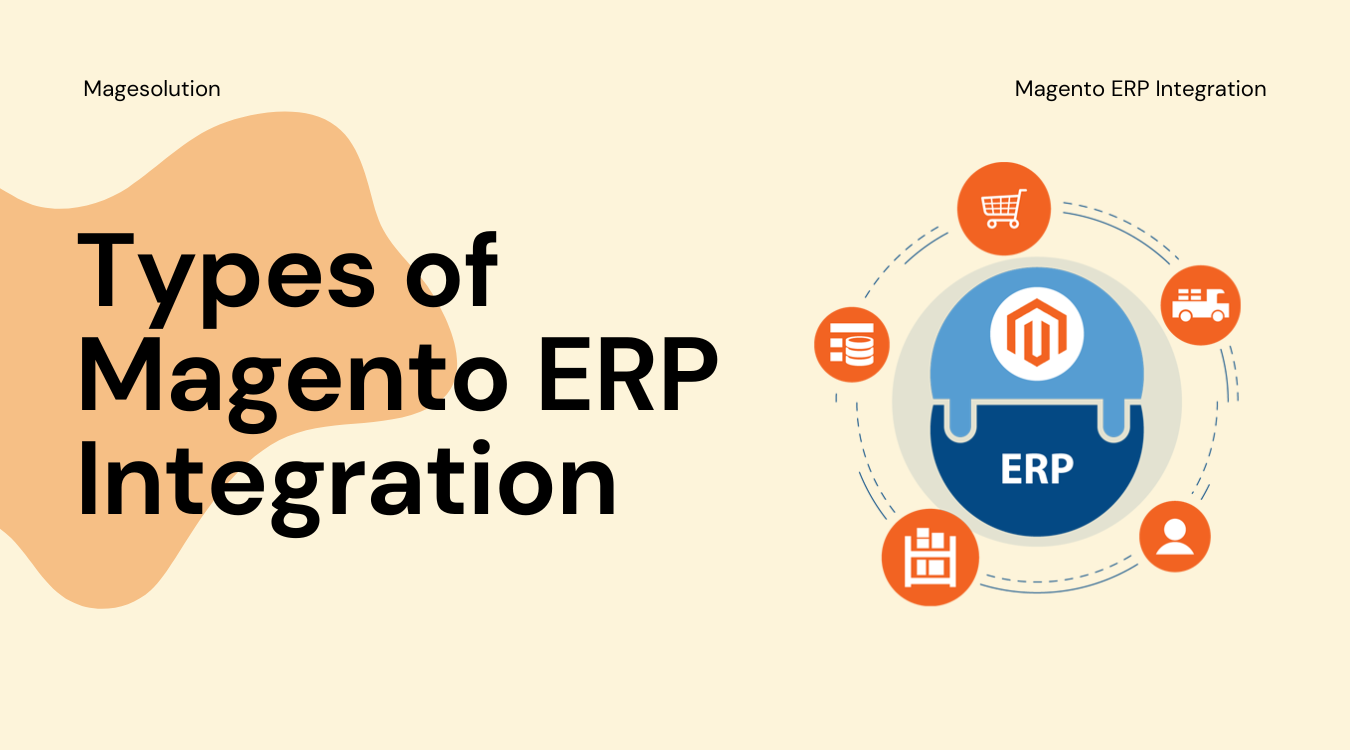
Whether you’re integrating an ERP system for a new Magento store or making a spur-of-the-moment decision during a Magento migration, there are several options for integration.
Point-to-point, custom-built, and multichannel integration platforms are the most prevalent types of Magento ERP system integrations. Let’s look at their primary benefits and drawbacks to see which one will work best for you.
Point-to-Point Solutions
This is the greatest solution for small retailers who do not expect to scale quickly. In this situation, connecting an ERP system to Magento is quite cost-effective (about $100 per month). Besides, you may find this solution in the Magento Extension Marketplace. Their key selling point is that they provide point-to-point connectivity. It means that your Magento store and your ERP have links on both sides. This connection allows data to be synchronized.
However, because there is no operational platform between them, controlling data will not be possible right now. There will also be a requirement to select a data management system. Another limitation is the platform’s versatility when it comes to integrating other sales channels.
When you add sales channels, you get more freedom with a point-to-point integration. Following the addition of a sales channel, system reconfiguration will be necessary.
Custom Magento-ERP Integration
To synchronize relevant data, ERP Magento 2 custom integration is implemented utilizing both application programming interfaces (APIs).
Custom integrations are, of course, more complicated and, as a result, more expensive. As a result, several businesses have made these services their core business offering. As a result, the solution is best suitable for businesses with unique resources and needs. To summarize, a specialized solution for SMB is unnecessary, at least since the costs will be unjustifiable.
Multichannel Magento 2 ERP integration
The multichannel solution is a platform that is special for Magento and ERP connections. This option comprises a data storage and management operational hub. The key data types are automatically synchronized, including item, inventory, order, customer, and shipping. Connectors for Magento and your ERP are used on the platform, making configuration simple and versatile.
This option is significantly more expensive than the first two. It can cost hundreds of dollars per month. However, the setup is free. This is a solution that we recommend to both SMB and enterprise vendors.
Nonetheless, the multichannel option’s management is more efficient and adaptable to any system changes. It also scales with your company, allowing you to achieve your ambitious growth goals.
How much is Magento ERP integration?
Magento integration with ERP starts from £300 per month, depending on integration complexity and configuration days required.
Conclusion
Through this article, we give you a guide on how to integrate Magento with ERP. Controlling online stores and businesses will become easier if you can take advantage of ERP. Then, Magento ERP integration will help you increase sales, and revenues and it will continue to be a trend in the future. However, if you still don’t sure about how to integrate it, Magesolution will be your perfect solution. With many experiences in this field, we are confident to provide the best service: Magento integration solutions. Therefore, if you have any questions, contact us to have more information.
